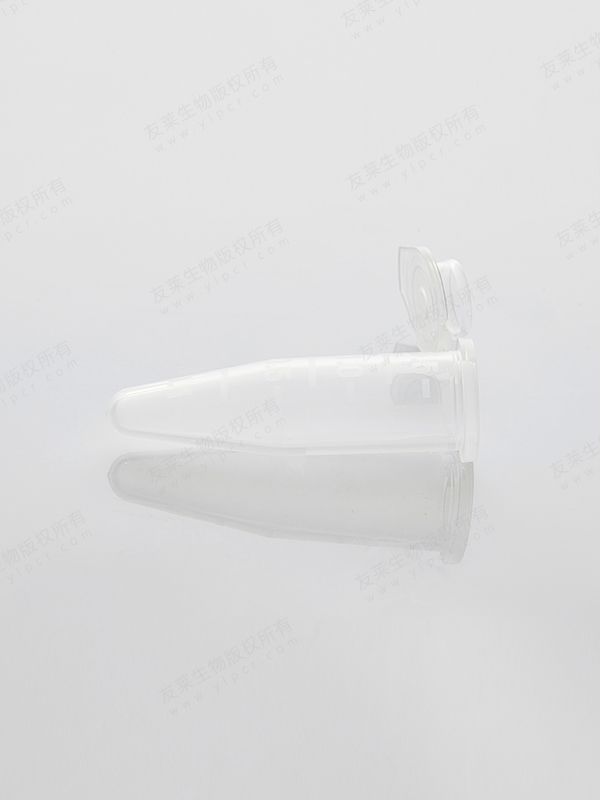One of the primary applications of centrifuge tubes is in the separation of blood components for medical testing. When blood samples are processed, centrifugation allows for the separation of plasma, red blood cells, and platelets. This separation is vital for conducting various tests and treatments, ensuring that medical professionals can make accurate diagnoses and provide effective care. Additionally, centrifuge tubes are used in biochemistry and molecular biology for DNA, RNA, and protein isolation, where purity and yield are paramount.
Centrifuge tubes come in various sizes, typically ranging from 1.5 mL to 50 mL, catering to diverse experimental needs. The choice of size often depends on the volume of the sample being processed. Smaller tubes are ideal for micro-samples, while larger tubes accommodate larger volumes, facilitating high-throughput applications. Many modern centrifuge tubes are made from high-quality polypropylene, which offers excellent clarity and chemical resistance. This material choice ensures that the tubes can endure rigorous centrifugation without compromising their integrity.

Another notable feature of centrifuge tubes is their design, which often includes secure screw caps or snap caps. These closures prevent leakage and contamination during the centrifugation process, safeguarding the integrity of the samples. Some manufacturers even offer color-coded tubes for easy identification, which can streamline workflows in busy labs. Furthermore, many centrifuge tubes are compatible with automated liquid handling systems, enhancing efficiency and precision in sample processing.
Safety is a paramount concern in laboratory environments, and centrifuge tubes are designed with this in mind. High-quality tubes are engineered to minimize the risk of breakage, ensuring that both the samples and lab personnel are protected. The use of centrifuge tubes that meet stringent industry standards can further enhance safety and reliability in laboratory procedures.
In addition to their physical characteristics, the versatility of centrifuge tubes makes them a preferred choice across various sectors. Whether in clinical laboratories, academic research, or industrial applications, these tubes serve a wide range of purposes. Their ability to facilitate quick and effective separation processes contributes to the overall efficiency of laboratory workflows.

 English
English русский
русский 中文简体
中文简体



